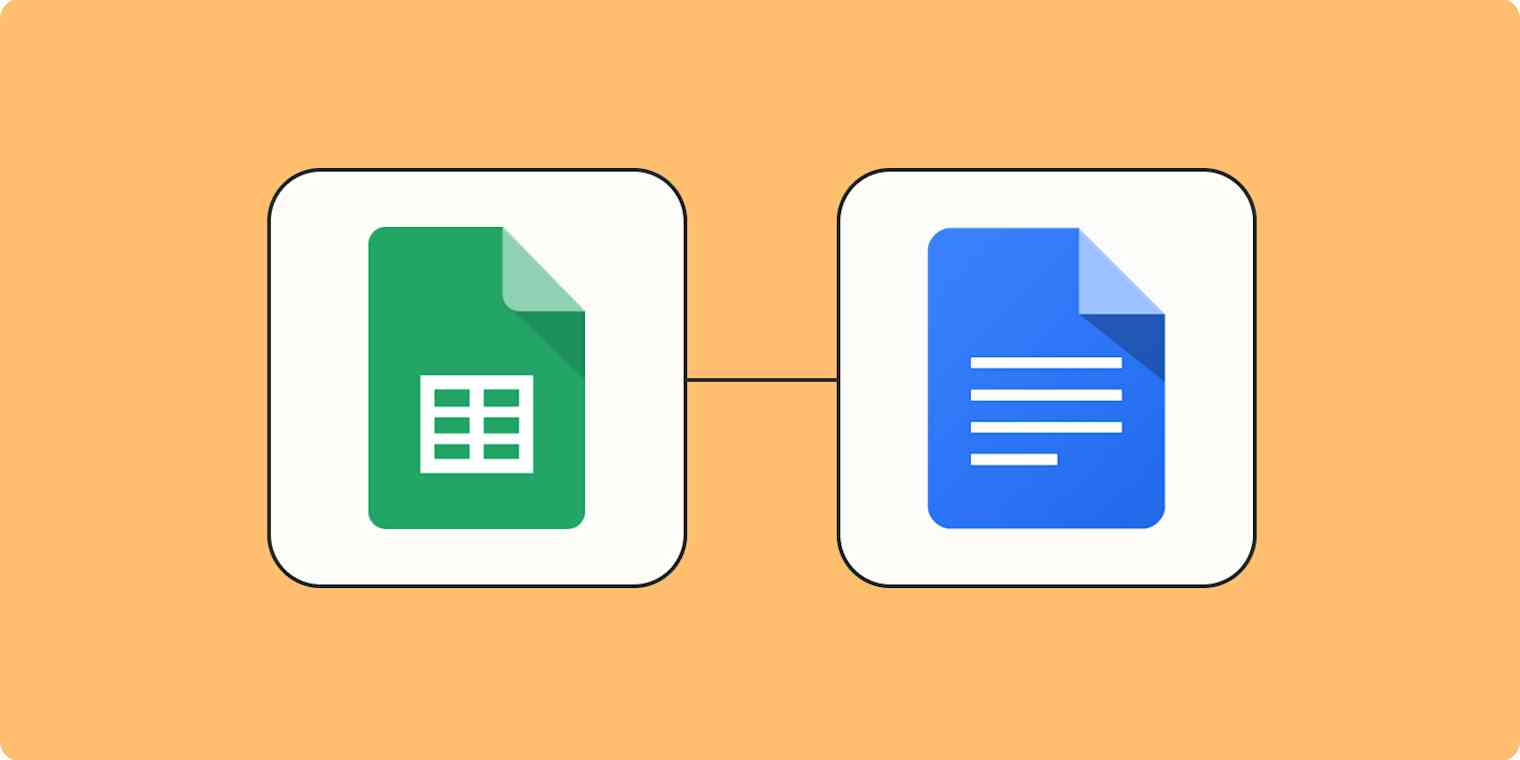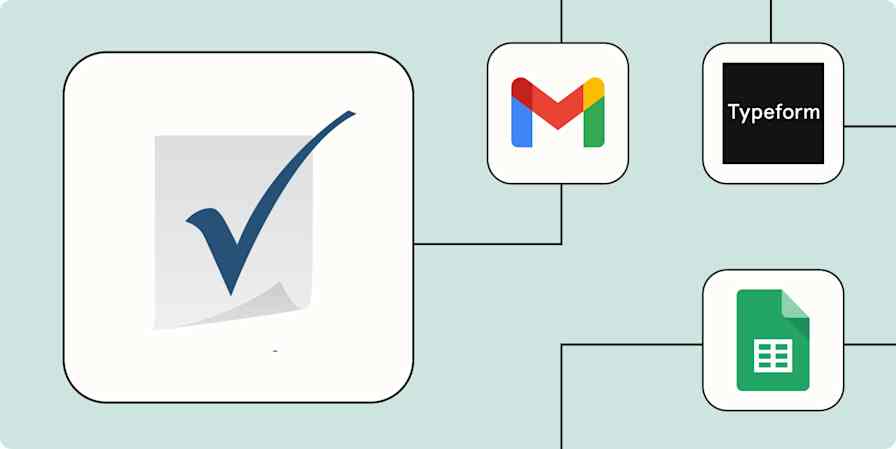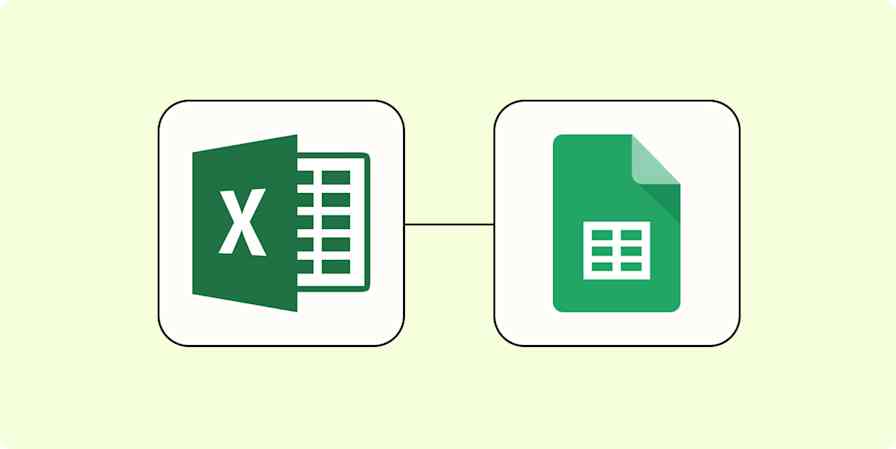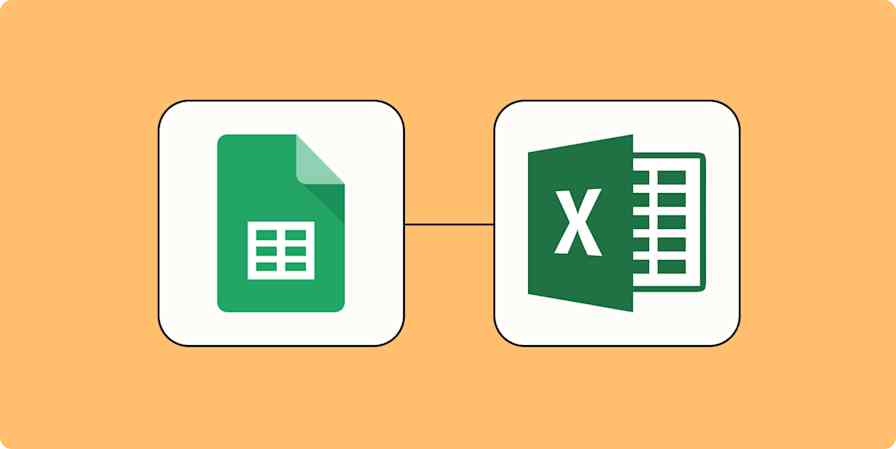App tips
4 min readHow to insert a Google Sheet into a Google Doc
Plus, how to update a table in Google Docs with just one click.
By Jessica Lau · May 16, 2024

Get productivity tips delivered straight to your inbox
We’ll email you 1-3 times per week—and never share your information.
mentioned apps
Related articles
Improve your productivity automatically. Use Zapier to get your apps working together.







